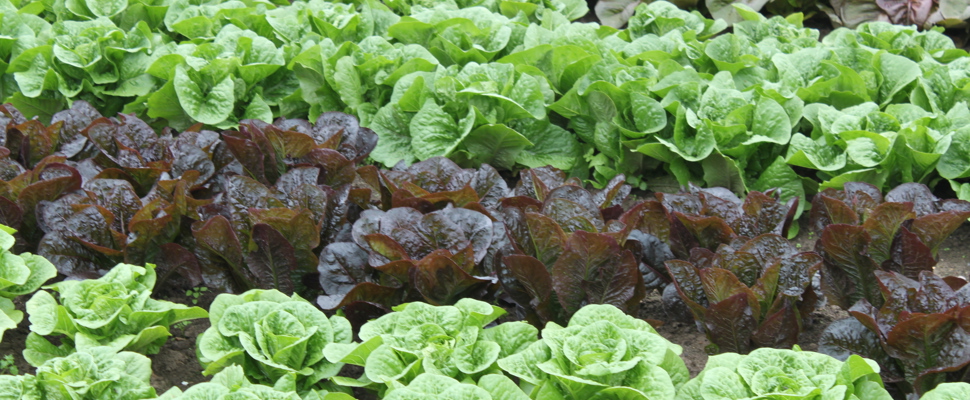
Avoid pesticides
The Botanic Gardens has not applied pesticides to our plants since 2001. The results have been very successful: our plants remained healthy and performed well despite the absence of insecticides and fungicides.
Avoiding pesticide use is part of our sustainable approach to gardening, which involves the use of methods that are productive today without diminishing future soil health, plant performance or yields.
A key to successful sustainable gardening is growing high performing plants that remain healthy without pesticide intervention. We don't spray any of our trials, so the plants we recommend should also succeed in your garden without pesticides. Our recommendations are available on our website or as leaflets from our Huakaiwaka Visitor Centre.
It is particularly important to avoid anything that impacts soil health and the vast communities of beneficial organisms present in a healthy garden ecosystem. A good place to start is minimising pesticide use, as the chemicals that are used to control pests and diseases invariably also cause significant damage to other beneficial organisms.
It is also important to avoid working very wet soils with tools such as rotary hoes as this can damage soil structure.
Practices that optimise garden health include regular applications of organic mulch and/or compost to help to sustain soil life and benefit plant health. Organic matter and lime are particularly beneficial to earthworms that help build soil structure, aerate the soil and allow oxygen to get to the roots.
Using a variety of different plants in a garden increases biodiversity and will reduce the incidence and spread of pests and diseases. Soon insects and bird life will be your pest control.
Allow sufficient space between plants so air can freely circulate. Free-flowing air will reduce the likelihood of diseases, most noticeably in disease-prone crops such as roses and hebes.
It is important to locate plants in suitable situations (i.e. shade plants in the shade, sun-loving plants in the sun, moisture-loving plants in wet soil, etc.).
In vegetable gardens and annual beds, it is advisable to rotate your crops, so pests and diseases do not build up in the soil. You can achieve this by simply planting crops in different parts of the garden to what they occupied last year. For more information, see Green crops.
If you are struggling with guava moth in your fruit at home (e.g. in your feijoas or lemons) have a listen to the experts at Plant and Food Research who explain more about guava moth, the research they are doing and a few tips for home gardeners. Click here to listen.